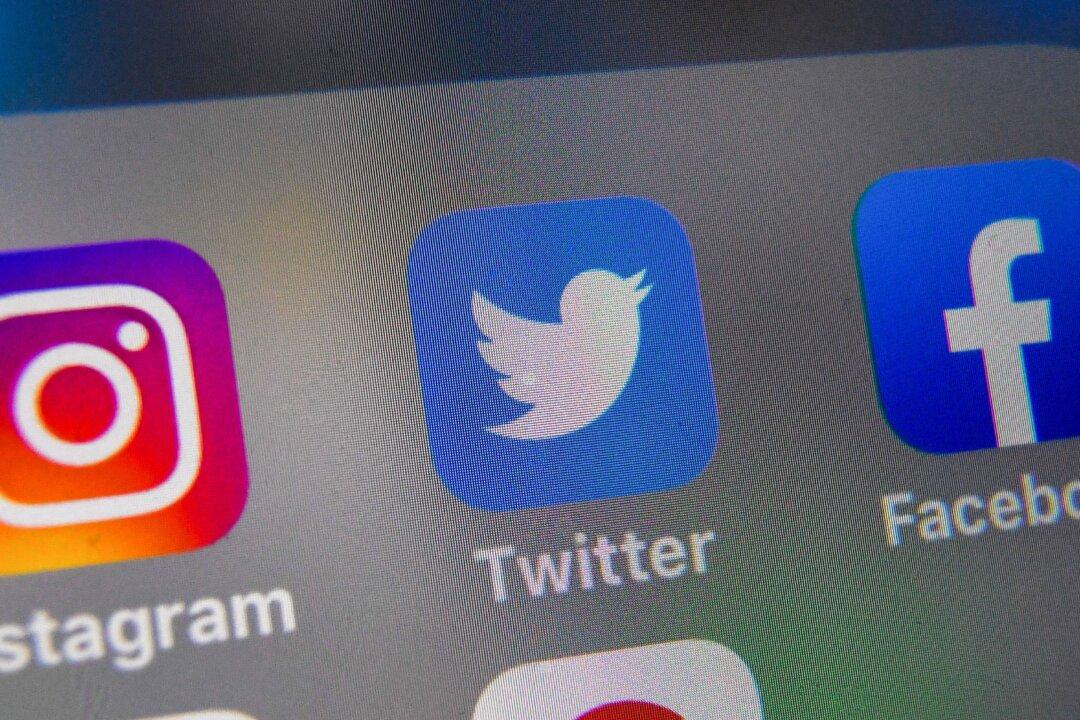Commentary
It’s impossible to overstate the importance of trust for friendship. Likewise, it’s impossible to overstate the importance of friendship for our personal lives and for the life of a healthy, self-governing republic.


It’s impossible to overstate the importance of trust for friendship. Likewise, it’s impossible to overstate the importance of friendship for our personal lives and for the life of a healthy, self-governing republic.